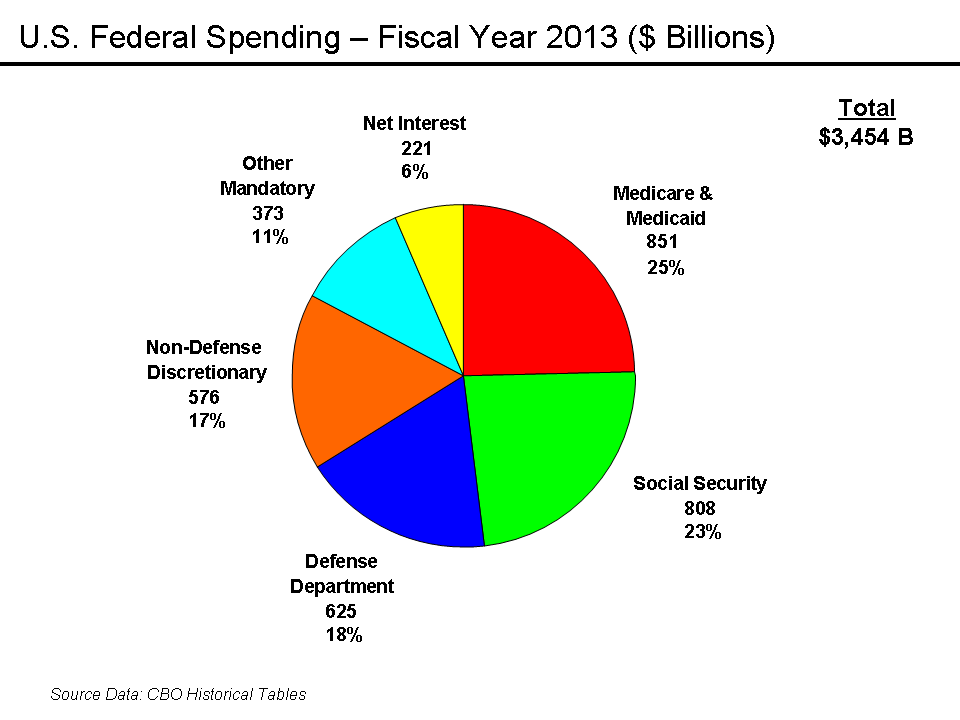Summary
This piece muses on two proposals for greater direct democracy. I doubt these ideas are worthwhile to advocate, mainly because they're probably too radical to implement any time soon, but they're instructive to imagine and might make interesting plot devices for science fiction.
Direct e-democracy
When I was in 8th grade and was thinking about representative government in my social-studies class, I suggested an idea: Now that the Internet is becoming more widespread, what if people bypassed Congress and voted directly on legislation by email? Looking back, I see that this proposal would probably not work:
- There would be huge challenges in preventing voting fraud.
- I can barely keep up with my own emails. If I had to read several bill summaries each day, I would be overwhelmed.
- People might be easily swayed by deceptive titles or bill descriptions without knowing the full backstories behind proposals (although this is true to a lesser degree for ballot initiatives already).
That said, one can imagine tools and organizations helping to fill the gap. A person could register with an advocacy group with whose stances she generally agreed, and that group could advise her how to vote. Maybe it could even vote automatically for her. She could log in to her account, watch what her group was doing, and switch to another group if she didn't like the first one. Currently, (some) citizen activists sign up for action alerts from organizations they support and lobby their representatives to take those actions. In the proposed scenario, all these intermediate steps would be avoided, and the organization itself would just vote on the citizen's behalf.
This would be a modernized form of representative democracy, except that representatives could be unelected on a per-person basis at any time. People could even have multiple representative organizations voting on their behalf for different issue areas, and people could set up custom rules to override the choices of their representative organization(s) on particular topics. Such a system does seem potentially workable. If democracy were being built today, maybe it would look more like this. (Joe Rogan makes a similar comment here.)
Citizens earmarking government funding
Paying taxes may be marginally altruistic insofar as taxes are used for positive programs, but taxes also fund the military-industrial complex and other harmful expenditures. Donating to charity with a tax deduction is sort of a way to earmark your tax dollars toward causes you care about more, although the trade ratio is not 1-to-1: You have to donate $100 to reduce taxes by ~$25 (more or less depending on your income bracket).
This got me wondering what the government budget would look like if citizens could earmark their tax dollars. Maybe there would be a list of a few dozen or a few hundred government departments, sub-departments, and special projects, and voters could check boxes next to which ones they wanted to fund. It's not obvious the budget would look drastically different from how it does now.
- A decent number of Republicans would fund "defense".
- Many people would fund Medicaid and other social programs.
- A few science-minded people would fund NASA.
- Health advocates would fund NIH.
- Anti-poverty advocates would fund foreign aid.
- Many parents would fund education (assuming that earmarking included state/local taxes).
On the whole, I would guess that defense spending would decrease somewhat, and welfare/science/medical/foreign-aid/education funding would increase. Maybe some unknown departments would languish and others would experience fiscal surfeit.
If earmarking were done once every two years at election time, there would be massive campaign ads encouraging people to earmark toward this or that cause. Pollsters might predict which programs were likely to experience deficits, and this might encourage people to swing their earmarks toward the more needy programs.
If there were an option to donate toward deficit/debt reduction, I have a feeling that a decent fraction of people would choose this, since both conservatives and liberals tend to dislike America's growing debt.
There would probably be behind-the-scenes efforts to gerrymander which projects were funded by which departments. For instance, if a lot of people funded science, defense companies might try to sell their projects to science agencies rather than the Pentagon.
New York State taxes include a section for voluntary contributions toward various government programs, but these contributions are in addition to regular taxes, which isn't much help. All the options that New York offers seem worse than donating to non-government charities that are more aligned with one's values.
